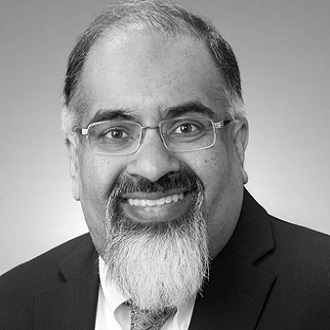 ESSENTIAL Study
ESSENTIAL Study
STUDY BASICS
Do you have sleep apnea? If so, you may be eligible for a research study that’s using a new therapy plan called Rapid Multi-Modal Therapy (RMMT) to treat obstructive sleep apnea (OSA) and then see if successful treatment leads to improvement in blood markers of Alzheimer’s Disease risk, which might indicate a lower risk of developing Alzheimer's later in life. Compensation is provided.
STUDY PURPOSE
The goal of this clinical trial is to first treat your Obstructive Sleep Apnea (OSA) with a new therapy plan called Rapid Multi-Modal Therapy (RMMT). RMMT involves the use of FDA approved treatments such as CPAP, oral appliances and positional therapy to effectively treat your OSA.
This study then aims to see if a successful treatment plan leads to improvements in Alzheimer’s Disease (AD) blood markers that might indicate a lower risk of developing Alzheimer's later in life.
This is important because we know that there is a significant relationship between sleep and cognition. We are hoping to see whether when we improve the quality of your sleep, we see a reduction in risk factors relating to developing AD later on.
COULD THIS STUDY BE RIGHT FOR YOU?
- Are 55-75 years old.
- Have moderate or severe Obstructive Sleep Apnea (OSA).
- Are not currently on therapy for Obstructive Sleep Apnea (OSA) and have not received treatment for OSA for at least 12 months but are willing to start treatment for OSA.
- Are cognitively normal (are not diagnosed with Alzheimer’s Disease or mild cognitive impairment).
- Are fluent in English.
WHAT PARTICIPANTS CAN EXPECT
Your total participation lasts about 2 years and consists of 4 key time points with multiple visits for each time point:
- The first time point consists of 3 baseline visits and involves completing an overnight sleep study, cognitive testing, and an optional MRI of your brain.
- You will then be randomized to immediate treatment where you will work with physicians to find the best treatment for your sleep apnea, or you will be assigned to wait 3-months until you get your treatment.
- For the third time point, 3 months after baseline or successful treatment, we will ask you to come back and do an overnight sleep study and cognitive testing.
- At the one-year time point, a short follow-up visit is requested so we can update your health information and repeat cognitive testing.
- The final two-year time point consists of 2 follow-up visits and involves an overnight sleep study, cognitive testing, and interview with a clinician on the study.
IRB: STUDY23080101
- Effects of Successful OSA TreatmENT on Memory and AD BIomarkers in Older AduLtsMEET THE RESEARCHER

Sanjay Patel
Sanjay R. Patel, MD, MS, is Professor of Medicine, Epidemiology, & Clinical and Translational Science at the University of Pittsburgh, Director of the Center for Sleep and Cardiovascular Outcomes Research, and Medical Director of the UPMC Comprehensive Sleep Disorders Program. Dr. Patel's research interests focus on understanding sleep disorders with particular emphasis on chronic partial sleep deprivation, obstructive sleep apnea, and the potential effects of these disorders on long-term health outcomes.
 https://pittplusme.org/study/essential
https://pittplusme.org/study/essential